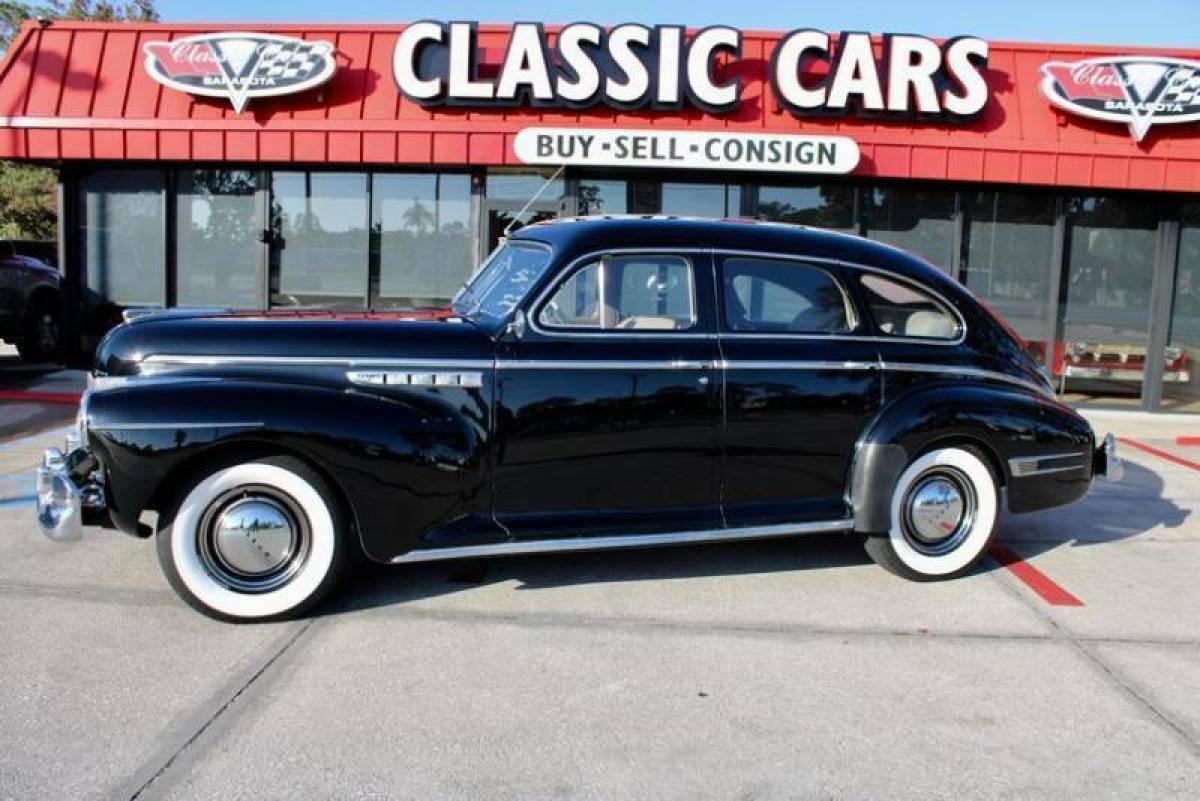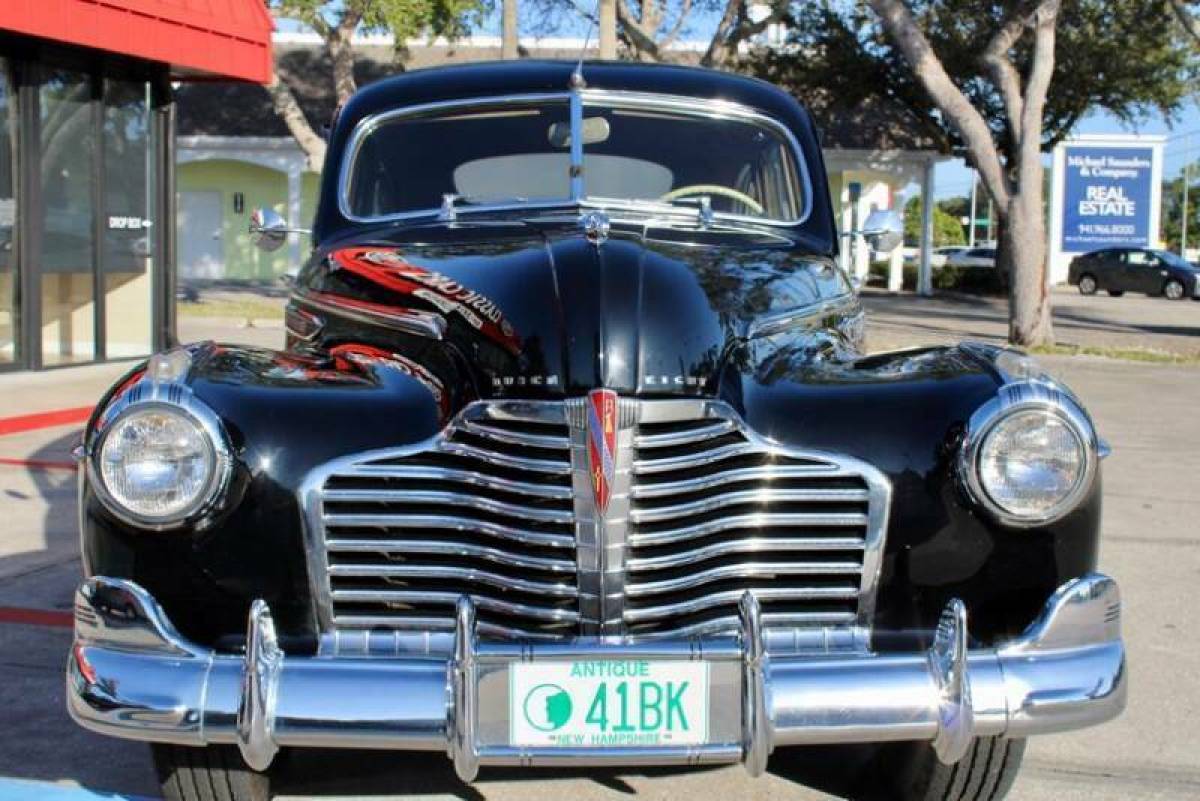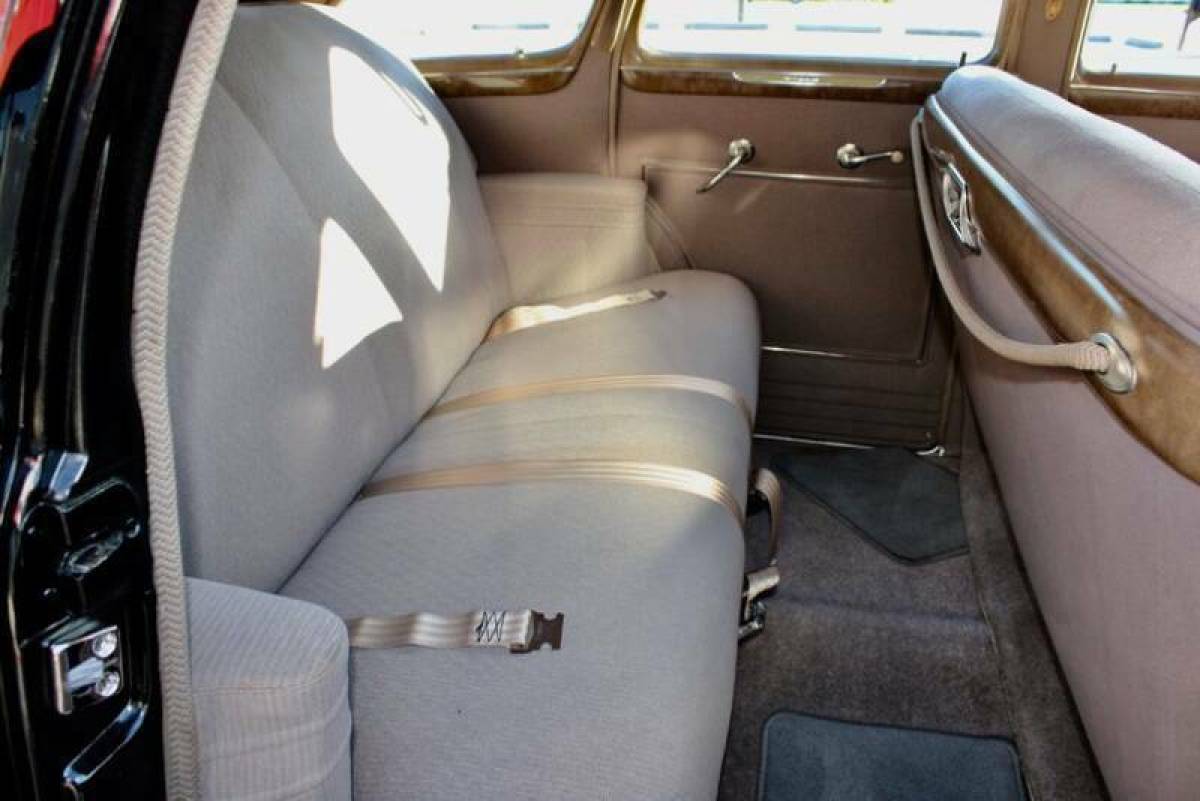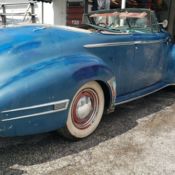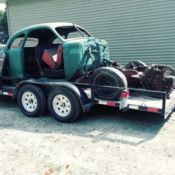Description
1941 Buick Super coupe First generation Buick Eight (Helm) 002.jpg Overview Model years 1940–1941 Assembly South Gate, California, USA Flint, Michigan, USA Linden, New Jersey, USA Body and chassis Body style 4-door sedan 4-door convertible 2-door coupe 2-door convertible 2-door Business coupe 4-door Estate wagon Related Cadillac Series 62 LaSalle Series 52 Buick Roadmaster Oldsmobile 90/96/98 Pontiac Torpedo Powertrain Engine 248 cu in (4.1 L) Fireball I8 Transmission 3-speed sliding shift manual Dimensions Wheelbase 121.0 in (3,073 mm)[1] Length 1940: 204.0 in (5,182 mm) 1941: 210.4 in (5,344 mm) Width 1940: 75.8 in (1,925 mm) 1941: 76.5 in (1,943 mm) Height 66.0 in (1,676 mm) Curb weight 3,800–4,200 lb (1,700–1,900 kg) 1940 Buick Super convertible interior 1940 Buick Super coupe rear 1940 Buick Super When introduced in 1940 the new Series 50 Super featured the cutting-edge torpedo C-body. The new C-body that the 1940 Buick Super shared with the Series 70 Roadmaster, the Cadillac Series 62, the Oldsmobile Series 90, and the Pontiac Torpedo featured shoulder and hip room that was over 5 wider, the elimination of running boards and exterior styling that was streamlined and 2-3 lower. When combined with a column mounted shift lever the cars offered true six passenger comfort, changes that had clearly been influenced by the Cadillac Sixty Special. The basic formula for the 1940 to 1952 Super was established by mating the Roadmaster's longer behind the engine cowl body to the Series 40 Special's smaller straight-eight engine (and consequently shorter engine compartment). This led to an economical combination of voluminous passenger room and relatively good fuel economy. (In contrast the Series 60 Century combined the smaller Special body with the larger Roadmaster engine.) The new Super temporarily shared its 121.0 in (3,073 mm) wheelbase dimension with the 40 Special. Initially four body styles were offered: a 2-door coupe, a 2-door convertible, a 4-door sedan and a 4-door convertible. In the middle of the model year a 4-door Estate wagon was added which was exclusive to the Super. Interiors of Bedford cloth (either tan or gray) were offered. The engine was the same 248 cu in (4.1 L) 107 hp Fireball I8 as used on the Special which was equipped with an oil filter. The Super was equipped with sealed beam headlights and with Fore-N-Aft Flash-Way directionals. 1940 was the only year the Super could be equipped with sidemounts. A total of 128,736 units were sold in its first year. The styling changes for 1941 were modest, but the changes under the hood were major. The compression ratio was raised from 6.15:1 to 7.0:1, the turbulator pistons were redesigned, smaller spark plugs were substituted for the previous type and Compound Carburetion was introduced, as it was on all Buicks except for the Special. Compound Carburetion was the forerunner of the modern four-barrel carburetor, and consisted of twin two-barrel carburetors. One unit operated all of the time, while the other operated only under hard acceleration. The new engine delivered 125 horsepower. All cars available with a choice of axle ratios and with two-tone color combinations with 19 selections at no extra charge. A new feature was a two-way hood that could be opened from either side. The 4-door convertible and the Estate wagon were gone but a new one year only body style was a 3-passenger 2-door Business Coupe which sold 2449 units.


